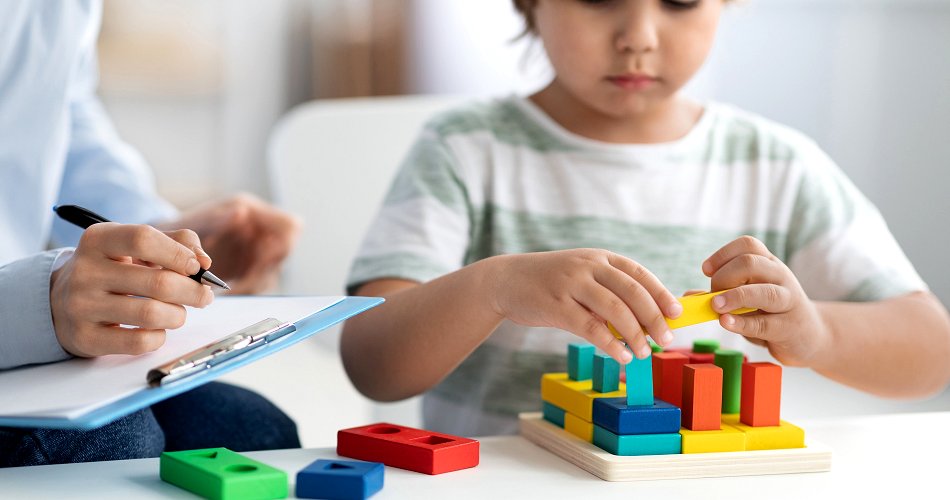The Crucial Role of Psychological Testing in Treatment Planning for Children and Teens
Published on 10th January, 2024

Understanding and addressing the mental and emotional well-being of children and teenagers is a complex and delicate task. One valuable tool that mental health professionals often utilize in this process is psychological testing. These assessments play a crucial role in gaining insights into a young individual's cognitive, emotional, and behavioral functioning, aiding in the formulation of effective care and treatment plans tailored to their specific needs.
- Comprehensive Assessment:
Psychological testing offers a comprehensive evaluation of a child or teen's cognitive abilities, emotional states, and behavioral patterns. This multifaceted approach goes beyond traditional methods, providing a deeper understanding of the underlying factors contributing to psychological challenges.
- Identifying Strengths and Weaknesses:
By examining a child's cognitive strengths and weaknesses, psychological tests help identify areas where they excel and those that may require additional support. This information is invaluable for treatment planning as it allows professionals to build on strengths and target areas that may hinder the child's overall well-being.
- Diagnosis and Differential Diagnosis:
Accurate diagnosis is fundamental for effective treatment. Psychological testing aids in identifying specific mental health conditions, distinguishing between similar symptoms, and ensuring a precise diagnosis. This is particularly crucial in children and teens where early intervention can significantly impact long-term outcomes.
- Tailored Treatment Plans:
Every child is unique, and psychological testing helps create personalized treatment plans. By understanding a child's cognitive and emotional profile, mental health professionals can tailor interventions that are specifically designed to address their individual needs, fostering a more effective and efficient therapeutic process.
- Monitoring Progress:
Psychological testing is not only valuable for initial assessment but also for monitoring progress over time. Periodic re-evaluation through testing allows clinicians to assess the effectiveness of interventions and make necessary adjustments to the treatment plan as the child or teen develops and grows.
- Communication with Stakeholders:
Psychological test results provide a clear and objective means of communication with parents, educators, and other stakeholders involved in the child's life. This fosters collaboration and ensures that everyone involved has a comprehensive understanding of the child's psychological profile, leading to more coordinated and effective support.
- Early Intervention and Prevention:
Early identification of psychological challenges enables early intervention, which is crucial for preventing long-term consequences. Psychological testing plays a pivotal role in identifying potential issues before they escalate, allowing for timely and targeted interventions.
In the realm of children and teen mental health, psychological testing is a vital tool that facilitates accurate assessment and targeted treatment planning. By providing a comprehensive understanding of an individual's cognitive, emotional, and behavioral functioning, these assessments empower mental health professionals to create tailored interventions that promote the well-being and healthy development of the younger generation.


